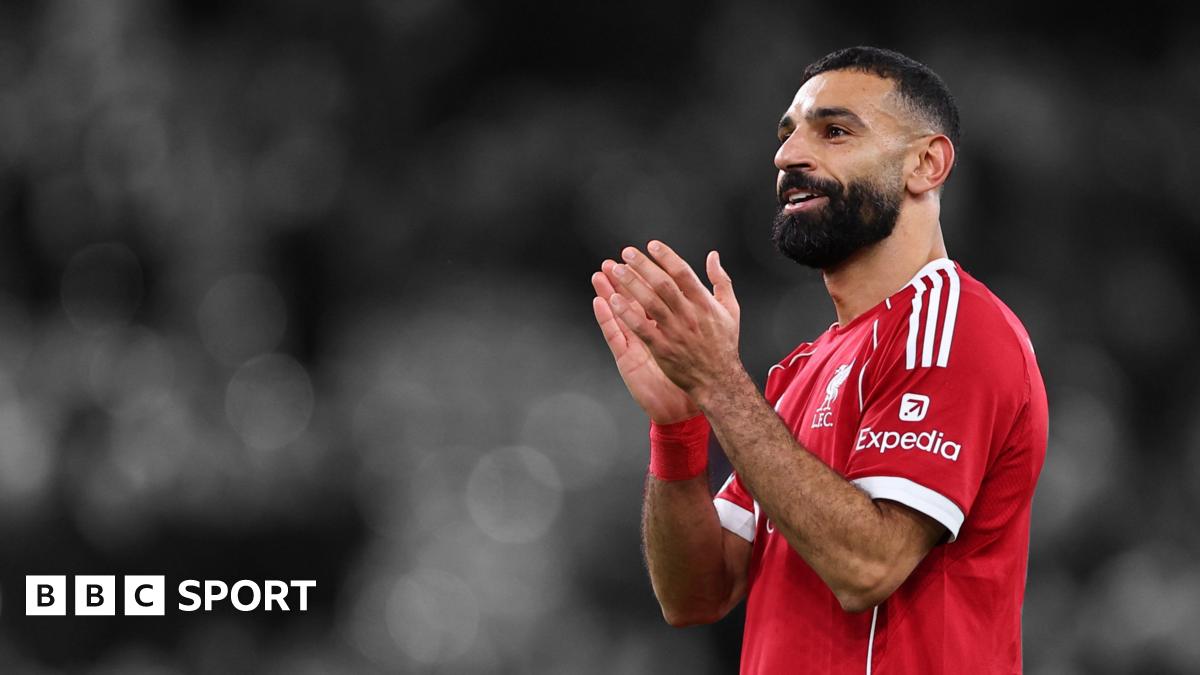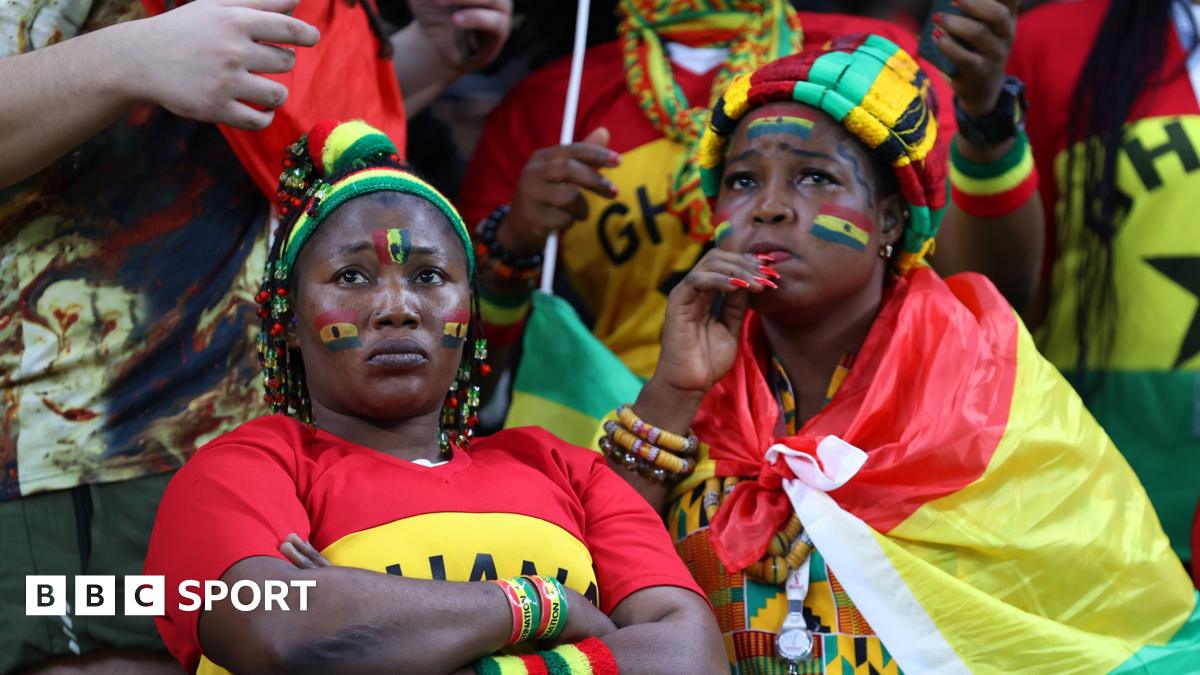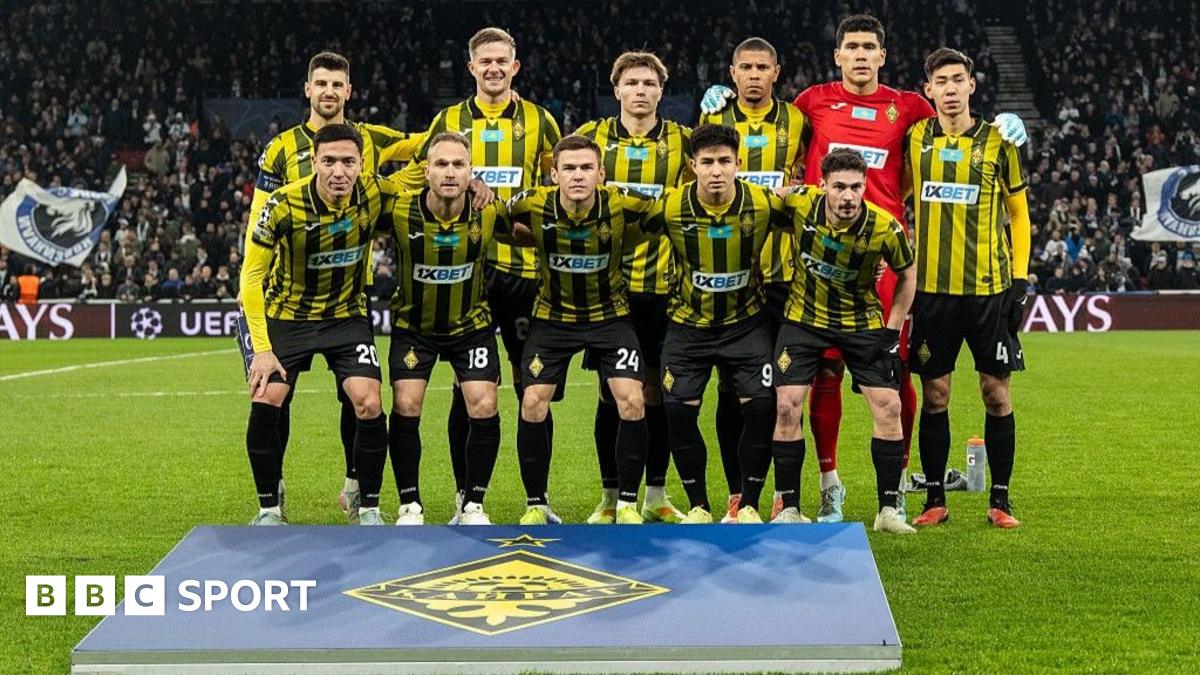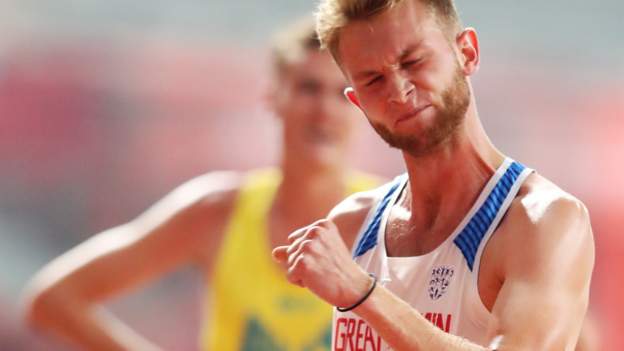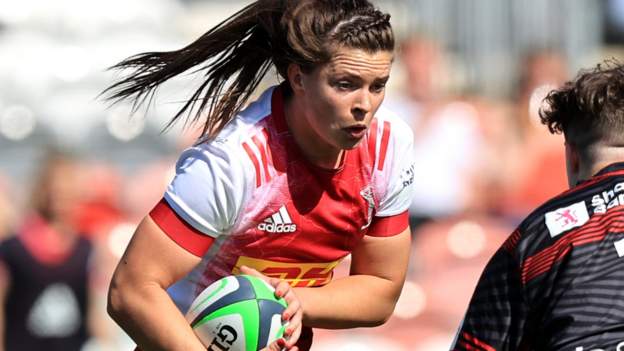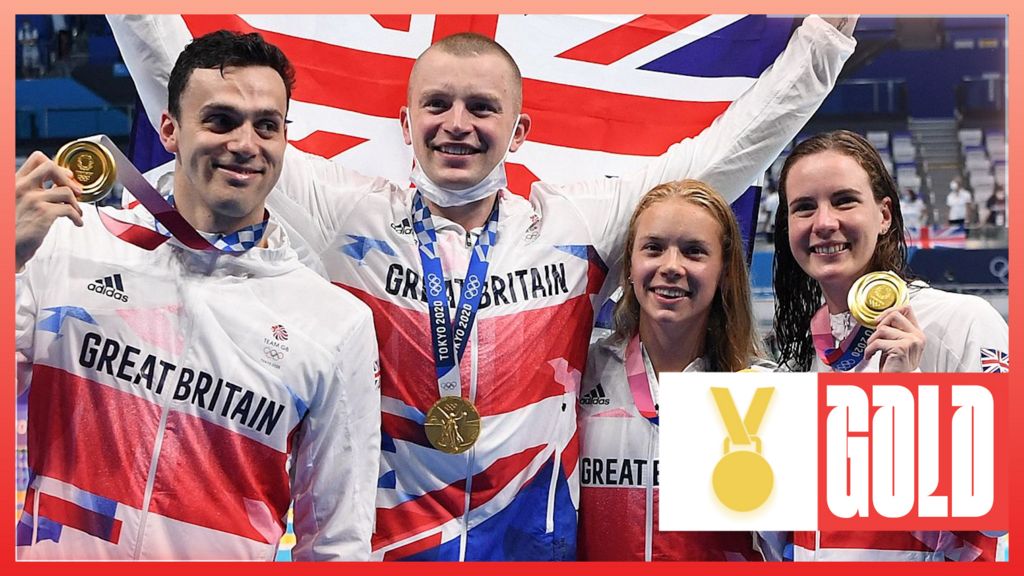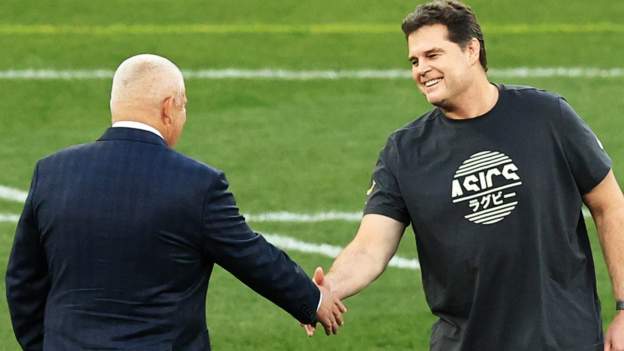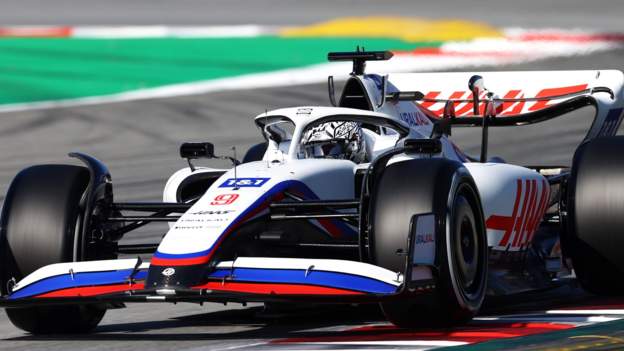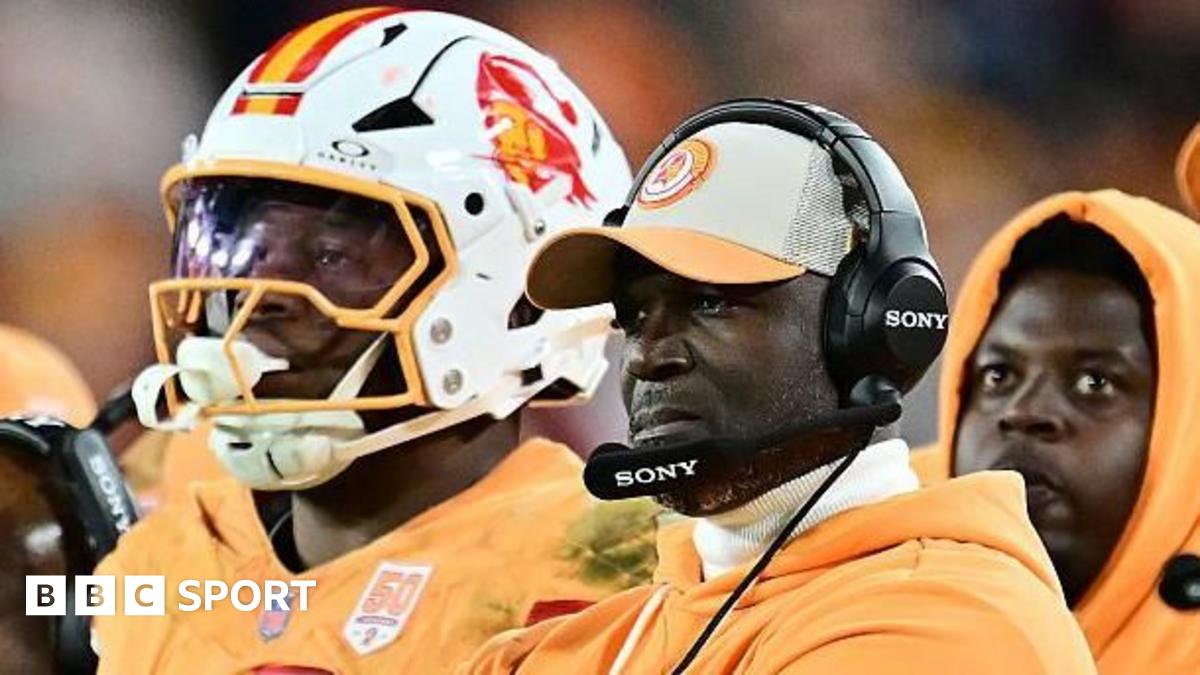Josh Kerr has his eye on an Olympic medal after beating the best-ever 1500m time run on United States soil set by Sebastian Coe 37 years ago.
The 23-year-old Scot’s winning time in a low-key Portland meet is the second fastest in the world this year.
Coe set his gold-winning mark at the 1984 Olympics and Kerr’s next task is to qualify for the 2020 Games in Japan.
“I’m proud of what I’ve done but hope it is just a stepping stone to bigger things at the Olympics,” he says.
“It is definitely going to be an intense environment, but I was sixth at the 2019 World Championships in Doha and that was good for me to realise that I’m ready and it’s time in my career to start reaping the benefits for the hard work of 10 years grinding it out.”
Despite his time, seventh in the UK all-time list, Kerr must still finish in the first two to be guaranteed a Tokyo place when he heads from his Albuquerque base for the Team GB Olympic trials in Manchester on 25-26 June. The third spot will be at the discretion of UK Athletics selectors.
But, on the back of his Olympic qualifying time of three minutes 31.55 seconds, he “definitely” believes a medal in Tokyo is a realistic goal even though he considers the standard of 1500m running in the UK to be “probably one of the strongest it’s ever been”, with times set by Coe, Steve Cram and Steve Ovett now within the sights of several athletes.
“I definitely think we’re moving towards an era that’s very similar in capability,” he tells BBC Scotland. “We’ve got the likes of Jake Wightman, the Scottish record holder at 3:29.60, myself at 3:31, Chris O’Hare 3:32 and I just feel we’re moving towards a pretty exciting time in 1500m for Scotland and the UK as well.
“I’m starting to get into the races that can allow these things to be possible and I think we’re all gunning for Mo Farah’s record of 3:28, the British record, and it would be nice to start getting under the times of Cram and Coe, because I think their PB was about 3:30.”
In the absence of most of the best runners Stateside as it was a meeting set up as a last chance for Olympic qualifying times, Kerr on Saturday targeted Coe’s record by using a pacemaker before striding out on his own with one and a half laps to go.
“The competition wasn’t the best, but that wasn’t the main goal,” he adds. “I was aggressive, went for the record and was able to break it by about a second or so.”


